Understanding Rosacea and Its Symptoms
Rosacea is a common skin condition that affects millions of people worldwide. It is characterized by redness, flushing, and sometimes pimples or small bumps on the face. The exact cause of rosacea is still unknown, but it is believed to be a combination of genetic and environmental factors. Symptoms of this skin condition can vary in severity and may come and go over time. Some common signs of rosacea include:
- Redness and flushing on the cheeks, nose, forehead, and chin
- Visible blood vessels on the surface of the skin
- Small, red bumps or pimples
- Thickening of the skin, particularly around the nose
- Dry, sensitive skin
- Eye irritation, such as redness and swelling
Although rosacea can be a challenging condition to manage, there are several treatments available to help control symptoms and improve the appearance of the skin. One such treatment is isotretinoin, a powerful medication often used for severe acne.
What is Isotretinoin?
Isotretinoin, also known as Accutane or Roaccutane, is a prescription medication that belongs to a class of drugs called retinoids. It is derived from vitamin A and works by reducing the production of oil in the skin, preventing clogged pores, and reducing inflammation. Isotretinoin is primarily used to treat severe acne, particularly nodular or cystic acne, that has not responded to other treatments such as antibiotics or topical medications. However, due to its powerful effects on the skin, isotretinoin has also been studied for its potential to treat other skin conditions, including rosacea.
Isotretinoin's Potential Benefits for Rosacea
Several studies have explored the potential benefits of isotretinoin for treating rosacea, particularly in cases where symptoms are severe or unresponsive to other treatments. These studies have found that isotretinoin may help to:
- Reduce redness and inflammation
- Decrease the number of visible blood vessels on the skin
- Improve the texture and appearance of the skin
- Control outbreaks of pimples and bumps
Additionally, some patients with rosacea also experience acne-like breakouts, and isotretinoin's powerful acne-fighting properties can help to clear these breakouts as well. Overall, isotretinoin may offer significant benefits for some individuals with rosacea, particularly those with severe or treatment-resistant symptoms.
Side Effects and Considerations
While isotretinoin may offer potential benefits for those with rosacea, it is important to consider the potential side effects and risks associated with this medication. Isotretinoin is a powerful drug with a range of possible side effects, some of which can be severe. Common side effects include:
- Dry skin, lips, and eyes
- Nosebleeds
- Joint and muscle pain
- Headaches
- Increased sensitivity to the sun
More severe side effects can include depression, mood changes, and an increased risk of birth defects if taken during pregnancy. Due to these potential risks, isotretinoin is typically only prescribed for severe cases of acne, and its use for rosacea should be carefully considered in consultation with your dermatologist.
Isotretinoin Treatment Process
If you and your dermatologist decide that isotretinoin is a suitable treatment option for your rosacea, you will typically be prescribed a low dose of the medication for an extended period of time. This is because higher doses, which are more commonly used for severe acne, can actually worsen rosacea symptoms in some cases. Treatment with isotretinoin usually lasts for several months, during which time you will be closely monitored by your dermatologist for any side effects or changes in your skin condition. Regular blood tests may also be required to monitor your liver function and cholesterol levels, as isotretinoin can affect these.
Alternative Treatments for Rosacea
While isotretinoin may be an effective treatment option for some individuals with rosacea, it is not the only option available. If you are concerned about the potential side effects of isotretinoin or if it is not suitable for your specific situation, there are several other treatments that can help to manage rosacea symptoms, including:
- Topical medications, such as metronidazole, azelaic acid, or ivermectin
- Oral medications, including antibiotics or low-dose doxycycline
- Laser or light therapy to reduce redness and visible blood vessels
- Skincare and lifestyle modifications, such as using gentle skincare products, avoiding known triggers, and protecting your skin from the sun
It is important to work closely with your dermatologist to determine the best treatment plan for your individual needs and to ensure that your rosacea is managed effectively.

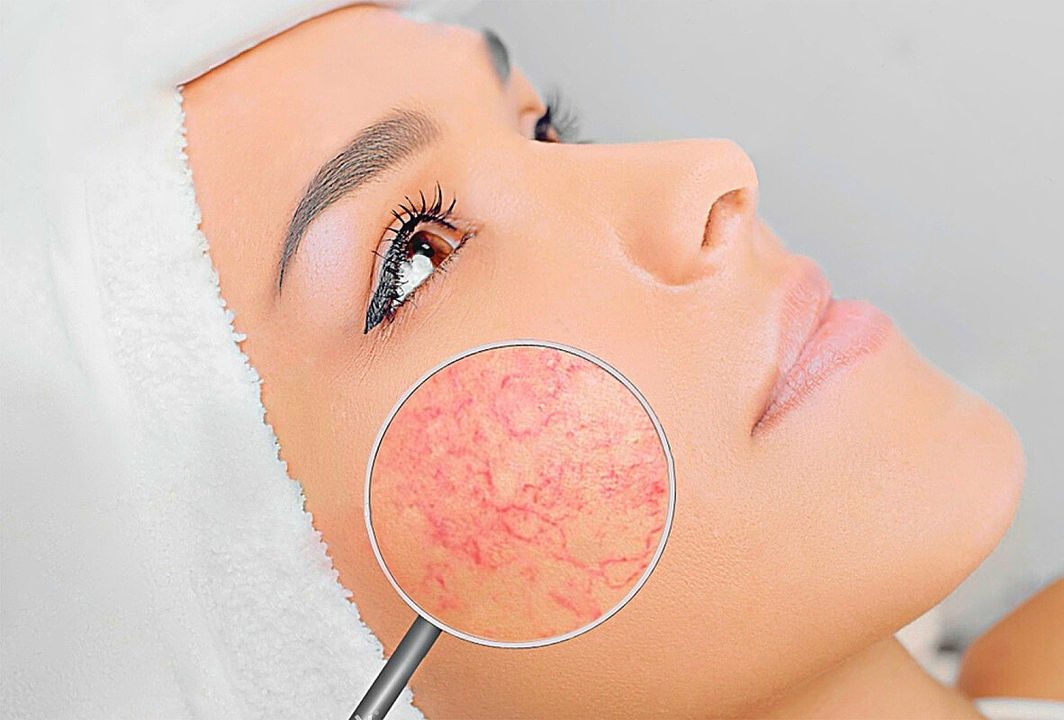
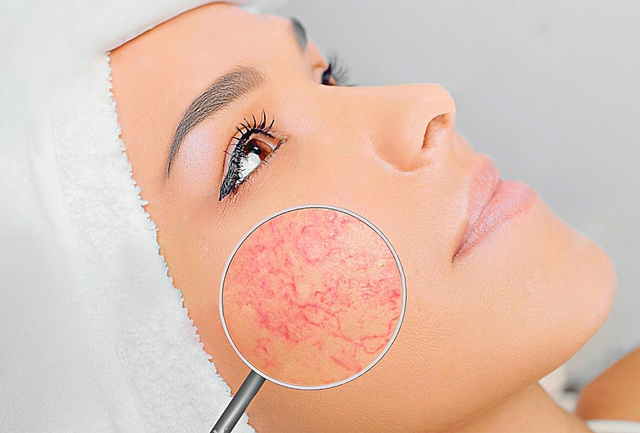
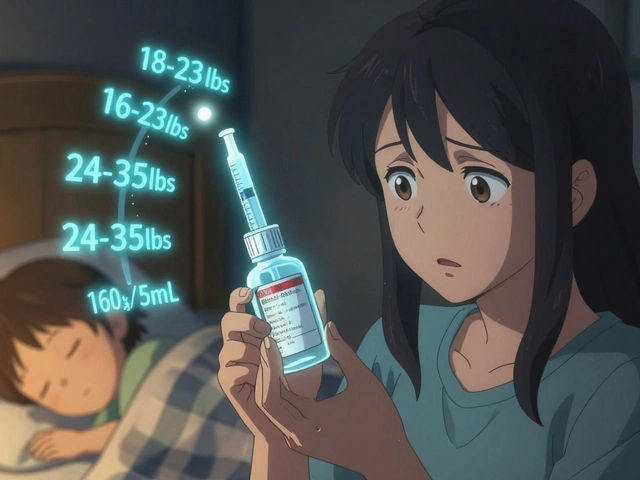
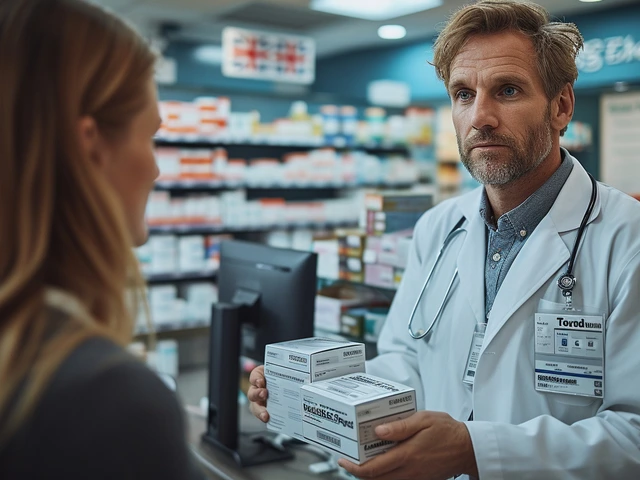
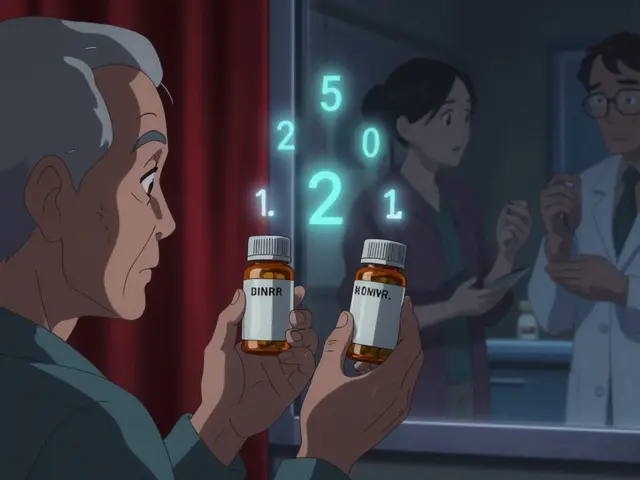
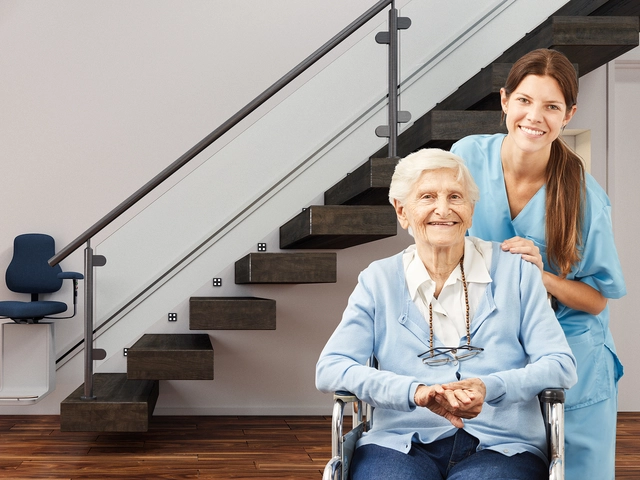

Comments
Isotretinoin works by binding to nuclear retinoic acid receptors, which in turn down‑regulates sebaceous gland activity and modulates inflammatory pathways. That mechanism is why dermatologists sometimes consider it for rosacea, especially when the condition overlaps with severe acneiform lesions. Clinical trials have shown a modest reduction in erythema and papulopustular lesions, but the effect size varies widely among patients. It’s also worth noting that low‑dose regimens are preferred for rosacea to minimise the classic acne‑related adverse events. Keep in mind that isotretinoin’s impact on skin barrier function can paradoxically increase dryness and sensitivity, which may exacerbate rosacea triggers if not managed properly. Therefore, a thorough baseline assessment and a structured moisturisation plan are essential before initiating therapy.
While the literature cites modest improvements, the risk‑benefit ratio for isotretinoin in rosacea remains contentious. The drug’s teratogenicity and potential psychiatric side effects cannot be dismissed lightly. Moreover, many patients achieve comparable results with topical ivermectin or sub‑antimicrobial doxycycline without systemic exposure. Consequently, reserving isotretinoin for truly refractory cases is a prudent clinical stance. A cautious, case‑by‑case evaluation is indispensable.
Your optimism about isotretinoin is misguided.
Consider for a moment the pharmaceutical incentives lurking behind every new off‑label prescription. Isotretinoin’s profit margins are astronomical, and marketing teams love to tout any marginal benefit as a breakthrough. The same drug that caused widespread acne remission is now being paraded as a rosacea cure, despite scant long‑term safety data. Patients deserve transparency about the possibility that side‑effects may be downplayed to fuel sales. Remember, history is replete with drugs repurposed before the full spectrum of risks was understood.
From a philosophical standpoint, we must ask whether altering a natural biological pathway serves the greater good or merely satisfies aesthetic ideals. In a nation that prizes individual liberty, the decision to expose oneself to a potent retinoid should be a sovereign choice, free from industrial coercion. Yet, when the state subsidises such treatments, it implicitly endorses a particular notion of ‘normal’ skin. The debate is not merely medical; it is an ethical discourse about autonomy and societal pressure.
Hi everyone, just wanted to add a supportive perspective. If you decide to try isotretinoin, work closely with a dermatologist who can monitor liver enzymes and lipid levels. Pair the medication with a gentle, fragrance‑free moisturizer to combat the dryness often reported. Also, consider lifestyle modifications like reducing spicy foods and alcohol, which are common rosacea triggers. Remember, a collaborative approach yields the best outcomes.
Oh great, another “miracle drug” hype train. Sure, it clears acne, but does it really solve rosacea or just mask it temporarily? Maybe we should focus on sustainable skincare instead of chasing pills.
Isotretinoin works by reducing oil production it also has anti‑inflammatory effects which can help with rosacea however it can cause severe dryness and requires regular blood work to monitor liver function and lipids doctors usually start with low doses to minimise side effects patients should be aware of possible mood changes and strict birth control if applicable
When evaluating isotretinoin as a therapeutic option for rosacea, it is essential to adopt a holistic framework that integrates pharmacologic efficacy, patient safety, and quality‑of‑life considerations. Firstly, the drug’s mechanism of action, which involves down‑regulation of sebaceous gland activity and modulation of inflammatory cytokines, provides a rational basis for its use in papulopustular rosacea subtypes. Secondly, clinical evidence indicates that low‑dose regimens (≤0.5 mg/kg/day) can achieve modest reductions in erythema and lesion count, albeit with considerable inter‑patient variability. Thirdly, the side‑effect profile must be scrutinised: xerosis, cheilitis, and photosensitivity are ubiquitous, while rare but serious adverse events such as hepatotoxicity and dyslipidaemia warrant periodic laboratory monitoring. Fourth, the teratogenic potential of isotretinoin imposes stringent contraceptive requirements, which may be impractical for some patients. Fifth, psychosocial impacts, including mood alterations, have been reported, though causality remains debated. Sixth, alternative therapies-topical ivermectin, azelaic acid, low‑dose doxycycline, and laser modalities-offer comparable efficacy with a more favourable safety margin for many individuals. Seventh, patient adherence is markedly influenced by the tolerability of the treatment regimen; therefore, proactive moisturisation strategies and patient education are indispensable. Eighth, cost considerations can affect accessibility, as isotretinoin may be more expensive than generic topical agents in certain healthcare systems. Ninth, long‑term outcomes data are limited; most studies assess short‑term (3‑6 months) results, leaving uncertainties about durability of remission. Tenth, shared decision‑making should encapsulate these nuances, empowering patients to weigh the modest benefits against the potential burdens. Eleventh, clinicians must remain vigilant for contraindications such as pregnancy, uncontrolled hyperlipidaemia, or a history of severe depression. Twelfth, interdisciplinary collaboration with ophthalmology may be indicated when ocular rosacea is prominent. Thirteenth, emerging research into novel retinoid analogues may eventually provide a more targeted approach with fewer adverse effects. Fourteenth, regulatory guidance emphasizes the necessity of risk‑management programs to mitigate teratogenic risk. Finally, the overarching ethical imperative is to ensure that patients receive individualized care that aligns with their preferences and clinical context.
Yo, man, i read that isotretinoin can make your skin super dry like the desert 😅 but also it can shrink those nasty red vessels. Some folks say they feel like a ghost after a few weeks, lol. The docs always tell you to do blood tests but who has time for that? Anyway, if you can handle the side‑effects, it might be worth a shot 🤔.
Honestly, the whole isotretinoin hype feels like another marketing ploy 😒. Sure, it might clear some spots, but you’ll be dealing with cracked lips and constant dry skin – not exactly a win. If you’re okay with that, go ahead, but don’t expect a miracle.
Dear community, I would like to emphasize the importance of a measured approach when considering systemic therapies for rosacea. A disciplined regimen that includes gentle cleansing, avoidance of known triggers, and a thorough risk‑benefit assessment with your dermatologist can often obviate the need for isotretinoin. Should you opt for it, ensure that laboratory monitoring is adhered to meticulously. This structured protocol not only safeguards patient health but also fosters confidence in the therapeutic journey.
The push for isotretinoin masks a deeper issue: the healthcare industry’s monopoly on profit-driven solutions. By touting this drug as a panacea, they divert attention from holistic, low‑cost interventions that could empower patients. Moreover, the aggressive marketing of a teratogenic compound to a population with limited alternatives is a flagrant violation of public trust. It is imperative that we remain vigilant and demand transparency regarding both efficacy and long‑term safety.